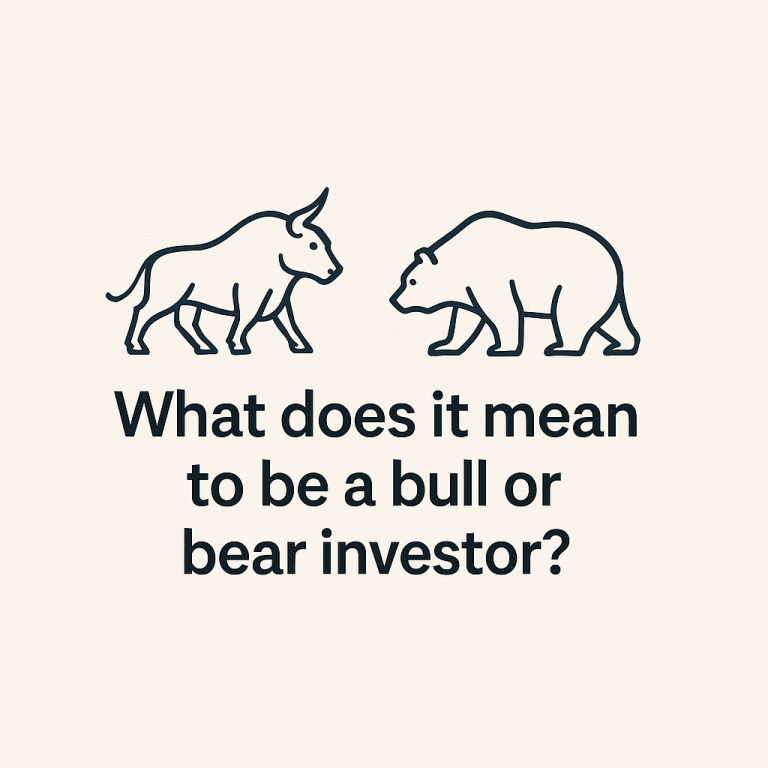The Influence of Stocks in Contemporary Investing: From Possession to Possibility

Overview: Shares and Equities What does that signify?
Equities, sometimes referred to as stocks or shares, represent a company’s ownership stake. Even if you only own a trace, purchasing a share of the company makes you a co-owner. It implies that you directly own a portion of the company’s assets and earnings, and you might also have the ability to vote on some significant issues.
How Do Equities Operate?
In India, stocks are bought and sold on stock exchanges such as the National Stock Exchange (NSE) and the Bombay Stock Exchange (BSE). An initial public offering, or IPO, is the process by which a privately held company makes its stock available to the general public for the first time by switching to a publicly traded company. This change enables the business to raise money from the general public in order to grow, settle debt, and accomplish objectives.
Those who purchase these shares become the company’s shareholders.
Share Price: The monetary value of one share of the company is also referred to as the stock price. It refers to the amount of money needed to purchase or sell stock on the open market. Due to supply and demand, market conditions, and the company’s perceived worth, this price is always changing.
Dividends are the sum of money that a business pays its shareholders according to how many shares they own. When businesses have extra money that isn’t being used for internal operations, they typically pay dividends. The shareholders receive payment after all of this extra money is distributed to them.
Voting Rights: This is the authority that the company gives its shareholders to express their views by voting on the decisions that the company makes regarding a range of business-related issues. In general, equity shareholders are entitled to vote on the majority of resolutions that impact the business, such as choosing the company’s directors, the board of directors, mergers and acquisitions, and some other important choices.
Share Types:
Common shares: These grant you dividends when the business makes money as well as voting rights.
Preferred shares allow you to receive dividend payments ahead of common shareholders, but they typically do not grant you the ability to vote. Preferred shareholders receive payment ahead of common shareholders in the event that the company exits the market.
Why Make an Equity Investment?
For the following reasons, investing in stocks helps your money grow over time:
High Potential Returns: FDs and gold have historically yielded lower returns than stocks over the long run.
Ownership: You acquire a stake in the business.
Liquidity: Since stocks can be purchased or sold on the open market, you can quickly convert them into cash when necessary.
What does it mean to be a bull or bear investor?

People may use phrases like “bull” and “bear” whenever they discuss the stock market. Investor sentiment and the general market trend are frequently described using these two terms interchangeably.
Bull Market: In this market, investors profit by purchasing shares at the beginning of a trend and then selling them when it peaks. In this bull market, investors can actively invest in more stocks with higher chances of making returns because the chances of losses are very small and transient.
A bear market occurs when the markets drop at least 20% from their peak to their lowest point. Because stock prices are constantly declining in value, the likelihood of losses is higher. Even if you invest with the expectation of a recovery, you will lose money before any improvement takes place. Fixed income securities and other safer investments yield the majority of the profits.
Why Are Bull and Bear Markets Important?
You can better understand why the stock price fluctuates by knowing the bulls and bears term. Investing in bull markets is frequently a smart idea, but it’s crucial to avoid getting caught up in the excitement. Bear market looks scary but it also offers opportunities to buy the shares at very low prices only if you have patience and long term vision.
Hazards Associated with Stocks:
As we can see, stocks have risks even though they can be profitable.
Volatility: The performance of the company, market trends, and world events can cause the
share price to fluctuate rapidly.
No Guaranteed Returns: Unlike fixed deposits, there is no assurance that your investments in these stocks will yield a profit or be recouped.
Company-specific risks include the possibility of financial loss if a company’s share price declines due to poor performance.
How to Make Stock Investments
To put it briefly, here’s how to begin investing in stocks:
Create a demat account: An electronic holding location for your shares
Select a broker: Choose a stock broker who can assist you in purchasing and disposing of market shares.
Research Companies: Look and learn about the companies where you want to invest
Buy shares: Place an order through your broker
Monitor Your Investments: Keep track of how your investments are performing
Who Needs to Invest in Stocks?
For investors who want to increase their wealth over an extended period of time, stocks are the best option. This is especially true if you are willing to take on some risk and have the patience and time to see your investments grow; even modest, consistent investments can add up over time.
In conclusion,
The simplest way to become a part-owner of the business and take part in its expansion is to purchase stocks or shares. They present risks in addition to the possibility of large returns. Stocks can be a valuable asset and a component of your financial journey if you know how they operate, what the bull and bear markets are, and how to invest.







